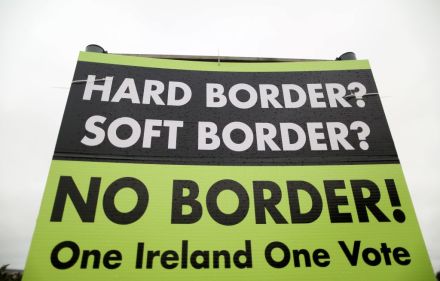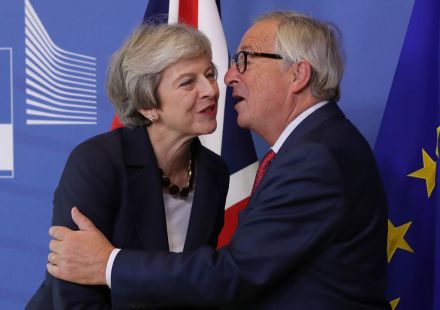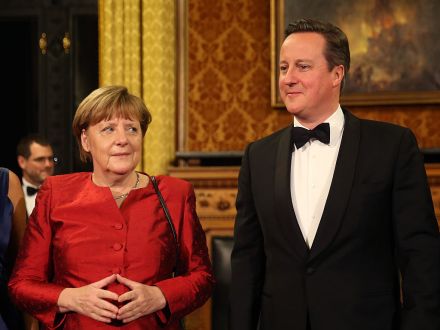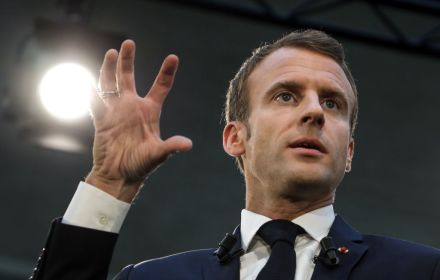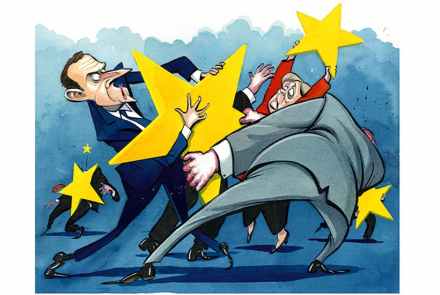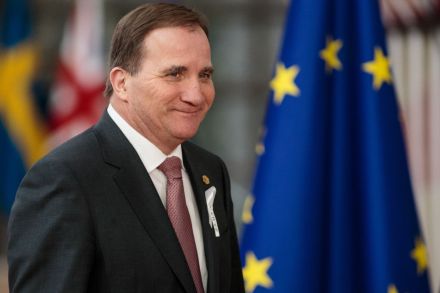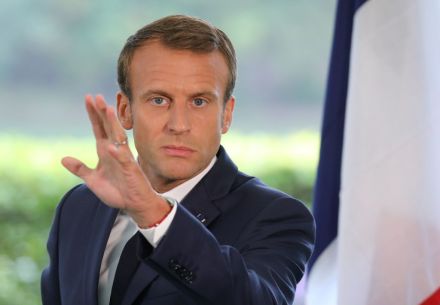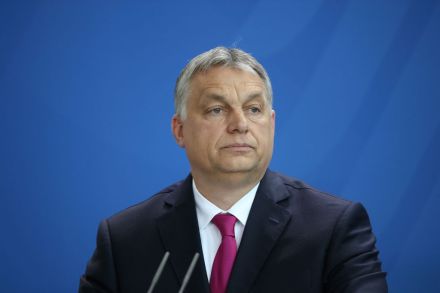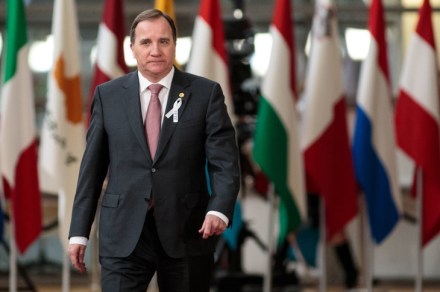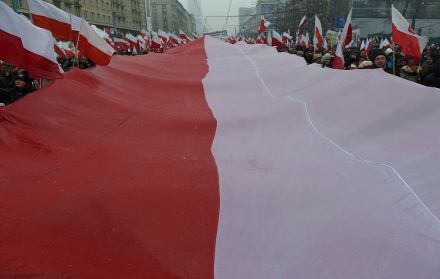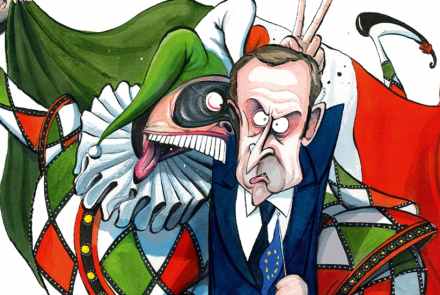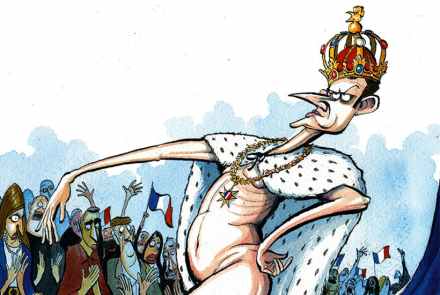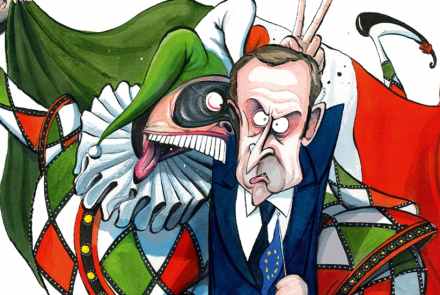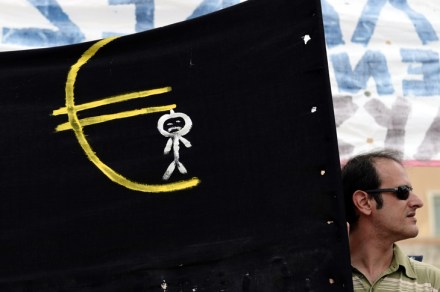Technology won’t solve the Irish border question. Here’s why
Amongst some Brexiteers, there is an eternal faith in technology to solve the Irish border question. This is mistaken. Yet still the idea refuses to go away. Now Theresa May is using this belief to try and get wavering Tory MPs to back her Brexit deal with Brussels. Yesterday, the Prime Minister’s spokesman said the solution for the question of the Irish border ‘could involve technological solutions’. He went on to say: ‘I think there was discussion in cabinet about the fact that the withdrawal agreement recognises and keeps open the potential for alternative arrangements to avoid a hard border on the island of Ireland.’ No 10 is implying that
